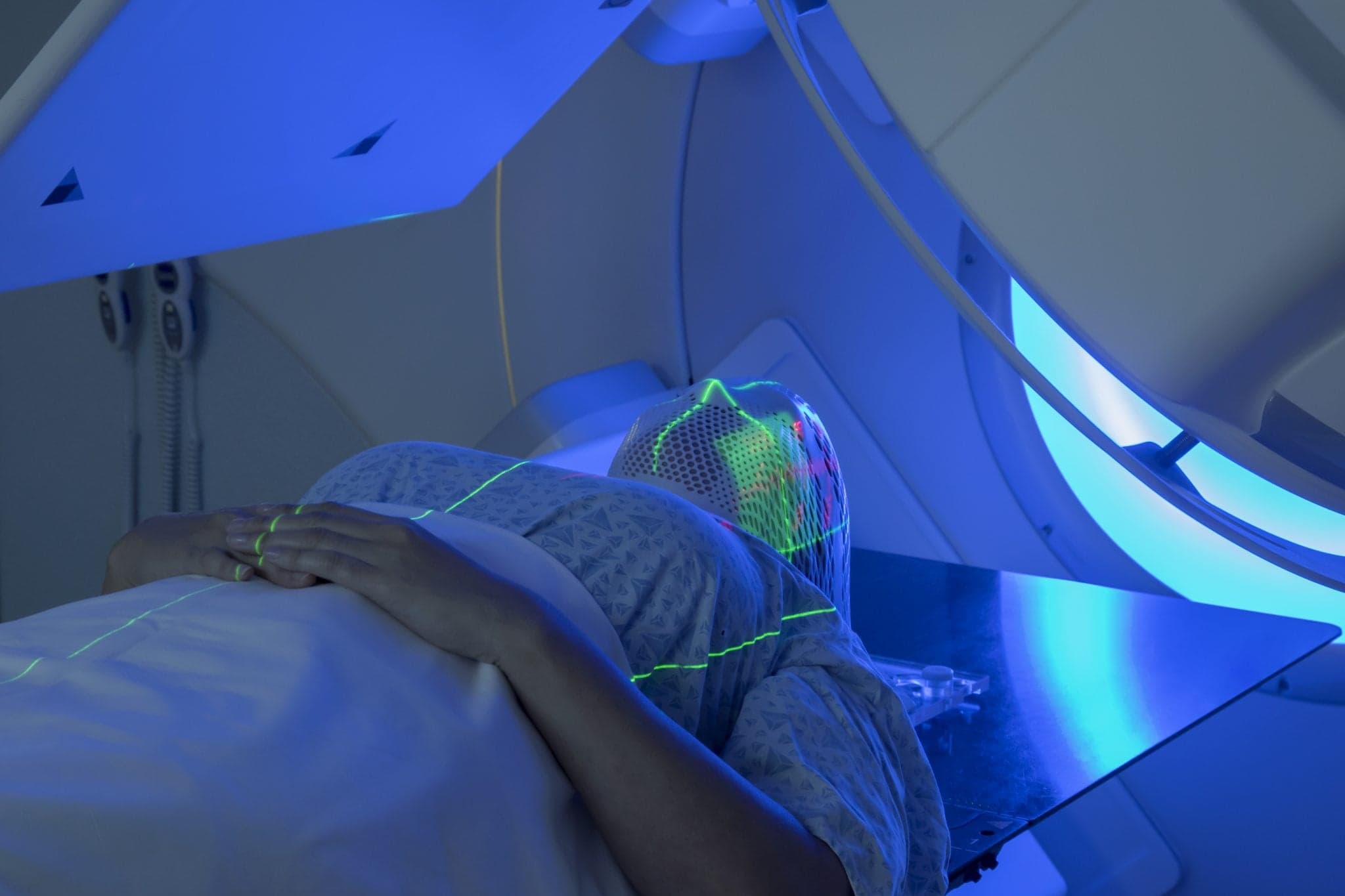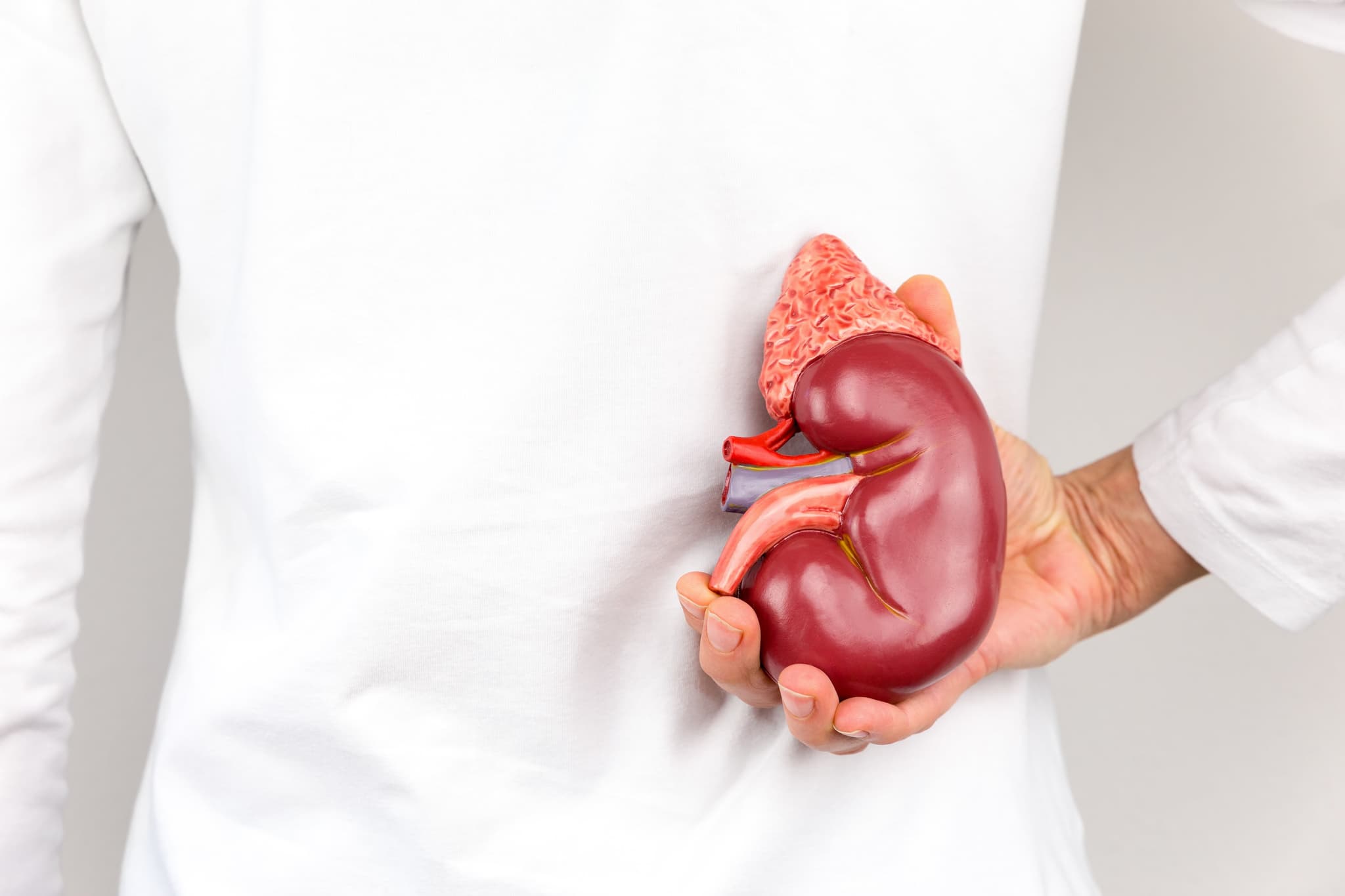
2025-01-21T10:28:42
How Thyroid Imbalance Affects Fertility: What to Know
- Endocrinology
- Family Medicine
September 21, 2017 | Endocrinology
Specialties:Endocrinology (Diabetes/Hormone Management)

Characterized by an overproduction of thyroxine, hyperthyroidism (or overactive thyroid) is a common thyroid disorder. Patients with hyperthyroidism have multiple options for treatment and management depending on factors like age, physical condition, underlying causes of the disease, personal preference and the severity of the condition. Here are several options for treating hyperthyroidism.
This is a medication taken orally and absorbed by the thyroid gland. It’s meant to destroy some (or all) of the hyperfunctioning thyroid tissues, which can help reduce symptoms. In many cases, this treatment can lead to underactivity of the thyroid (hypothyroidism), and you may need to take medication daily to replace thyroxine. Radioactive iodine is generally safe, and has been used for over 60 years to treat hyperthyroidism.
Designed to prevent the thyroid gland from overproducing hormones, these medications gradually reduce symptoms of hyperthyroidism. Your symptoms should begin improving within a few weeks, though anti-thyroid treatment will continue for at least a year in most cases. Some people see their issue permanently cleared up with these medications, while others may have a relapse. Anti-thyroid medications can have side effects and cause serious liver damage. Other rare side effects include skin rashes, hives, fever or joint pain if an allergic reaction occurs. The risk of serious infection may also rise if the patient develops the rare side effect of agranulocytosis.
Generally used for high blood pressure, these drugs won’t lower thyroid levels directly, but they can impact other symptoms like rapid heart rate and heart palpitations. Until your thyroid levels return closer to normal, you may be prescribed beta blockers. These may have side effects like fatigue, headache, upset stomach, constipation, diarrhea or dizziness.
A thyroidectomy is often performed on women who are pregnant or people who can’t tolerate anti-thyroid drugs and don’t want to (or can’t) have radioactive iodine therapy. During this procedure, most of the thyroid gland will be removed. Risks include damage to the vocal cords and parathyroid glands (located on the back of the thyroid gland). After this surgery, a lifetime of treatment using levothyroxine will be necessary to regulate the proper amounts of thyroid hormone.
Graves’ disease is an autoimmune disorder that is the most common cause of hyperthyroidism. When it affects the eyes, a condition called Graves’ ophthalmopathy, your doctor may recommend corticosteroids for treatment. In some severe cases, surgery might be necessary.
After treatment begins for hyperthyroidism, you should see a reduction in symptoms and begin feeling better. A couple other suggestions to reduce symptoms and improve comfort include:
For people suffering from Graves’ ophthalmopathy, a few tactics can help soothe the eyes or skin:
Speak to your doctor for recommendations about treatment and management of hyperthyroidism.
Our Utah County Endocrinologist helps diagnose and treat endocrine system disorders—including complex cases. As trained specialists, our providers know the latest treatments and technologies to treat a variety of disorders.
Sources:
“Hyperthyroidism (overactive thyroid).” The Mayo Clinic. http://www.mayoclinic.org/diseases-conditions/hyperthyroidism/basics/treatment/con-20020986
“Hyperthyroidism.” MedlinePlus. https://medlineplus.gov/hyperthyroidism.html
WRITTEN BY:
The Live Better Team

2025-01-21T10:28:42

2024-10-09T14:26:27

2024-07-01T13:49:28

2019-06-21T10:58:16
This information is not intended to replace the advice of a medical professional. You should always consult your doctor before making decisions about your health.